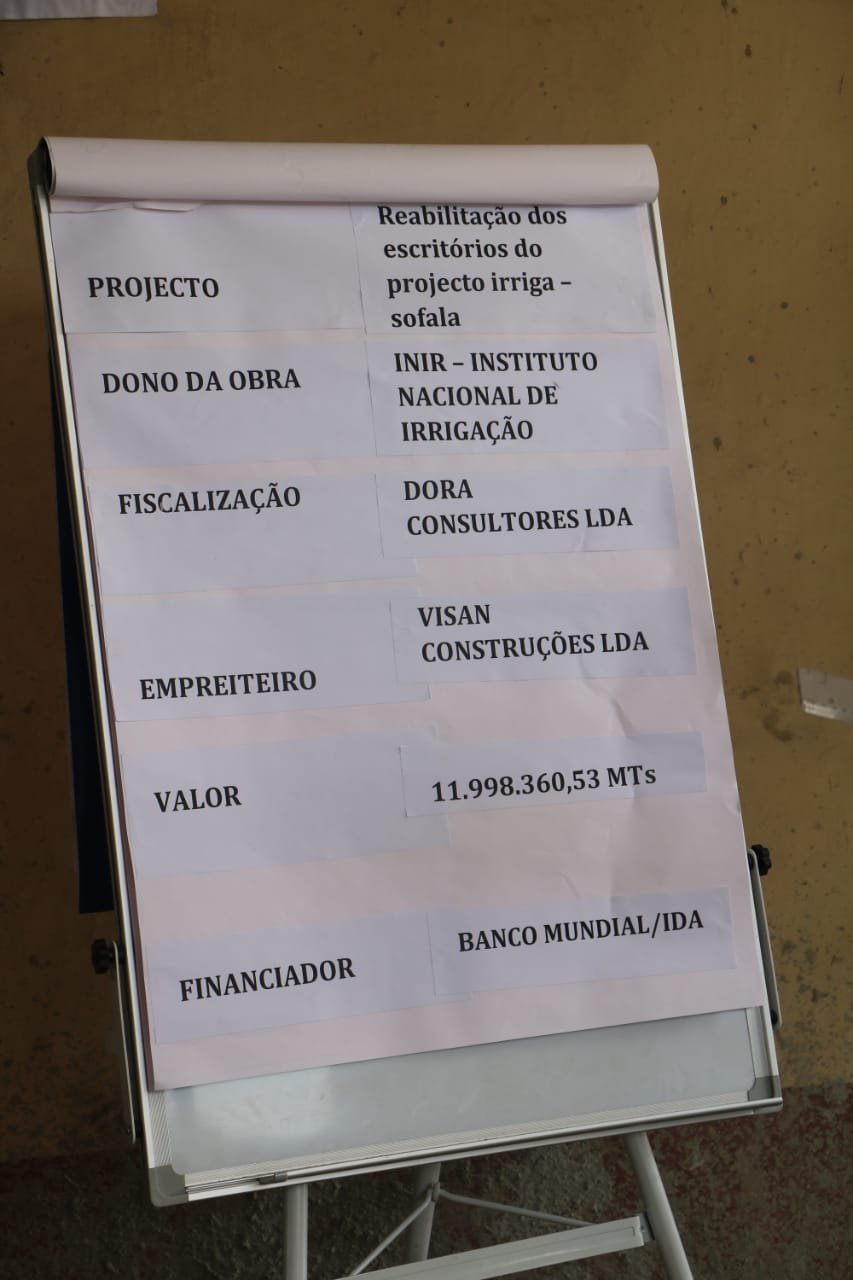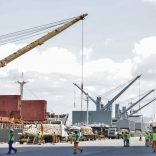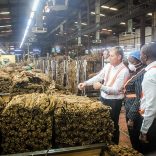Mozambique: Vegetable exports fell 42.5% YoY in Q1 amid post-election unrest – central bank
IRRIGA: Funds available for works on Búzi and Chemba irrigation systems

Photo: Serviço Provincial das Actividades Ecoómicas de Sofala / SPAE Sofala
Around US$12 million (approximately 768 million meticais) are already available for the construction and rehabilitation of two irrigation systems in Búzi and Chemba districts, Sofala province.
The infrastructure will cover an area of approximately 1,400 hectares and benefit more than 2,500 farmers in the family sector.
According to the Secretary of State in Sofala, Stella Zeca, the works should start between August and September, and is expected to boost production and productivity of food crops.
Among the infrastructure included in the project, Zeca said, five in Búzi district had been destroyed by the passage of Tropical Cyclone Idai, in March, 2019, and the remaining two would be built in Chemba.
The initiative falls within the framework of the Smallholder Irrigated Agriculture and Market Access Project (IRRIGA) which, Secretary of State Zeca said, required strategic and coordinated thinking for its successful implementation.
“There are several funding initiatives,” Stella Zeca pointed out at the end of a working visit to the Provincial Services for Economic Activities. “Sometimes, several projects are not interconnected, so that there is complementarity, while at other times there is redundancy in relation to locations and type of activity.”
The passage of Tropical Cyclone Idai, she noted, had destroyed all irrigation systems, forcing producers to fall back on rain-fed agriculture.
One major challenge facing the project was monitoring the timely completion of works in order to benefit producers in the family sector.
At the moment, the project is benefiting from the rehabilitation and expansion of its offices in the Port of Beira precinct, a project valued at more than 11 million meticais due for completion later this year.
This initiative is intended to improve working conditions in the fight against climate change, given that agriculture cannot depend on rain alone but must also employ mechanisms for structured utilisation of watersheds.
















Leave a Reply
Be the First to Comment!
You must be logged in to post a comment.
You must be logged in to post a comment.